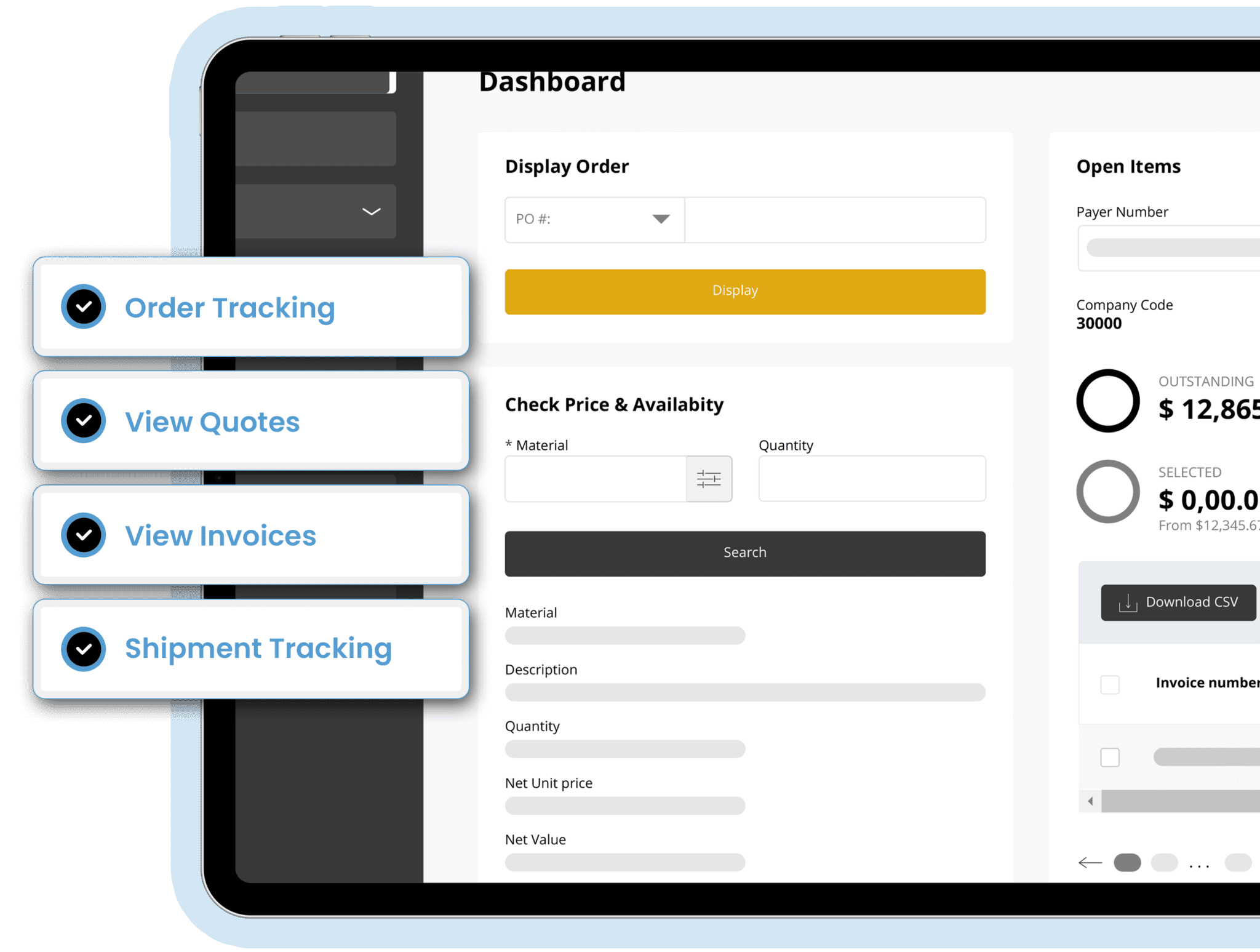
Become easy to do business with
Supply chain disruption, lack of demand visibility, and margin pressure are forcing manufacturers to find new growth opportunities. Given the challenging economic conditions, manufacturers must do so while cutting costs.
Enter B2B ecommerce.
With the right platform, you can deepen customer relationships, attract new customers, and reduce your reliance on manual order entry. The key is built-in SAP integration—which Corevist Commerce Cloud includes out of the box.
Simplify your customer experience with B2B ecommerce
Drive Customer Value With These Resources

Ready To Learn More?
Schedule a call









